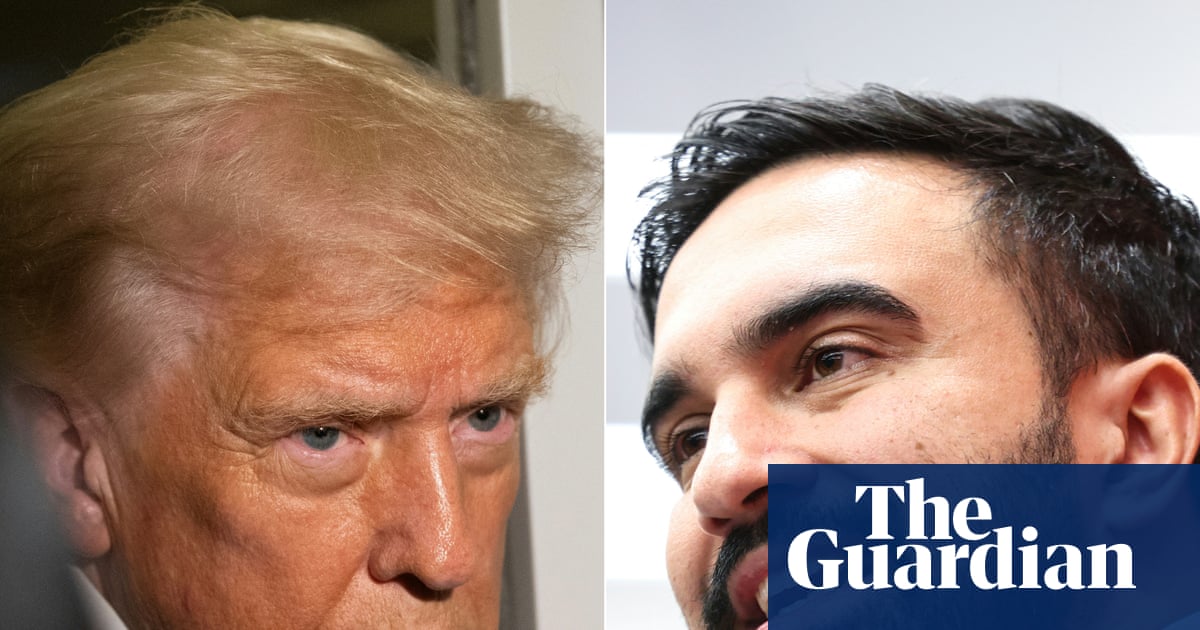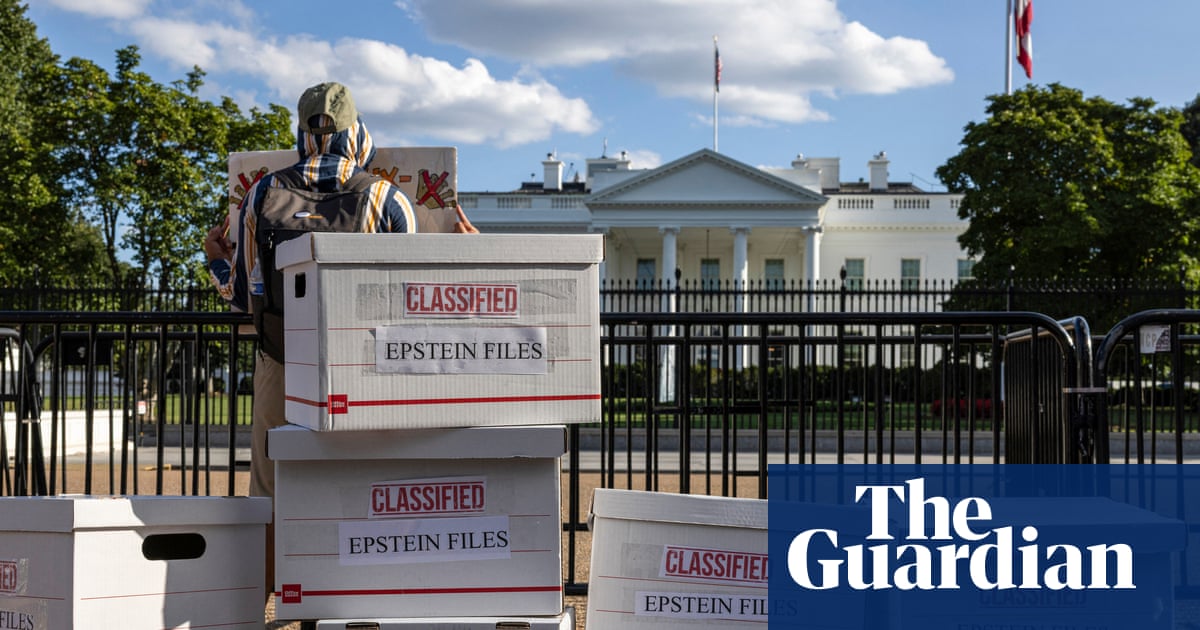China's promise to delay its newest restrictions on the export of the rare earths that are crucial to many high-tech products for one year as part of a trade agreement President Donald Trump secured creates an opportunity for the U.S. and its allies to bolster their own production and processing capabilities. But it will be hard to undercut China's stranglehold on the market.
The restrictions China imposed on rare earths this year have been a key issue in the trade talks between Beijing and Washington. Trump responded angrily to China's latest rules with a threat to impose an additional 100% tariff on all Chinese imports, but he has since dropped that demand as part of this agreement.
This week's deal will delay the regulations that would have required foreign companies to get special approval to export items that contain even small traces of rare earths elements sourced from China even if those products were made elsewhere by foreign companies, but it doesn't eliminate restrictions that were imposed in the spring after Trump imposed his tariffs.
These critical minerals are needed in a broad range of products, from jet engines, radar systems, electric vehicles and robots to consumer electronics including laptops and phones. China accounts for nearly 70% of the world’s rare earths mining. It also controls roughly 90% of global rare earths processing.
Neha Mukherjee, a rare earths analyst at Benchmark Mineral Intelligence, said the one-year delay in China’s new rare earth export controls that were announced earlier this month provides some short-term relief that will allow exports to return to a more normal level, but it doesn’t change the broader strategic picture, and it's important for America and its allies to continue investing in the industry.
“This move appears more tactical than structural, a pause to stabilize trade relations with the U.S. rather than a policy reversal,” Mukherjee said. "This is a temporary window for the U.S. and allies to accelerate diversification before controls likely return.”
The White House has made it a priority to revive and expand the domestic critical minerals industry while also seeking supplies of these elements from allies. The Pentagon agreed to invest $400 million in rare-earth producer MP Materials and promised to ensure every magnet made at its massive new plant is bought and set a minimum price for its neodymium and praseodymium products for a decade.
Ian Lange, who is an economics professor who focuses on rare earths at the Colorado School of Mines, said he thinks the U.S. and its allies can make significant progress in a year’s time to lessen China’s dominance of the rare earths market.

 German (DE)
German (DE)  English (US)
English (US)  Spanish (ES)
Spanish (ES)  French (FR)
French (FR)  Hindi (IN)
Hindi (IN)  Italian (IT)
Italian (IT)  Russian (RU)
Russian (RU) 























Comments